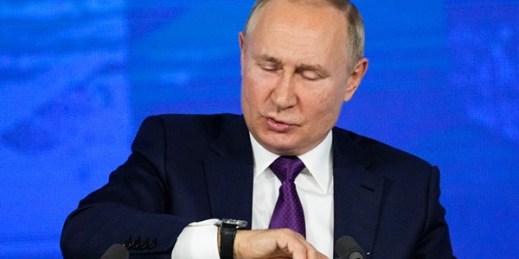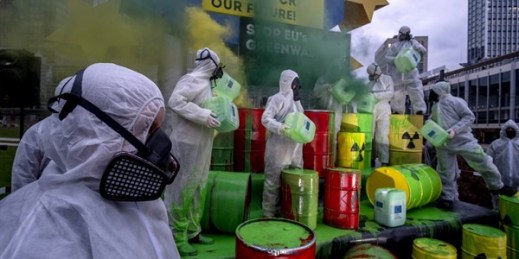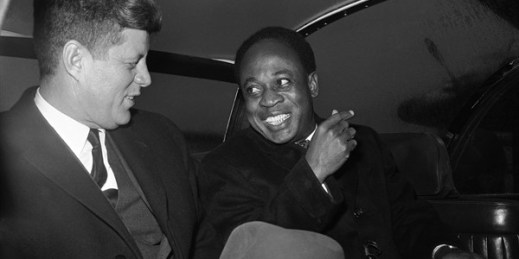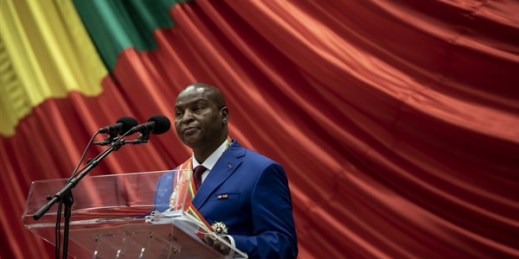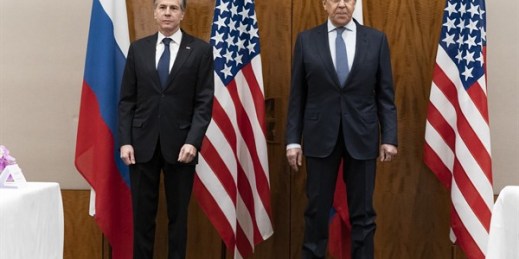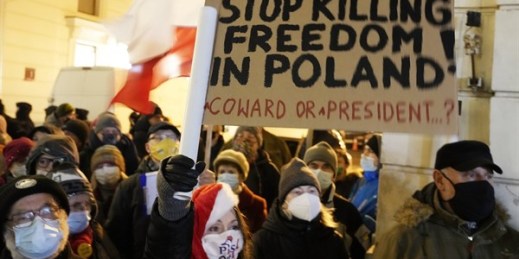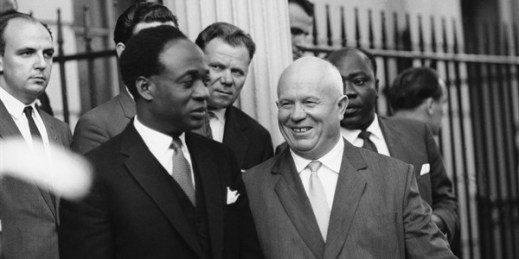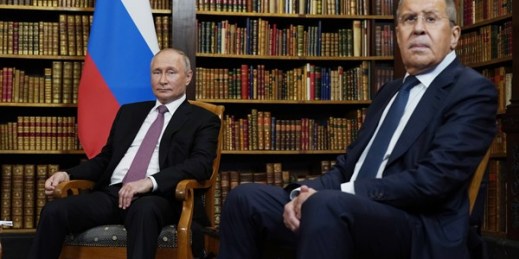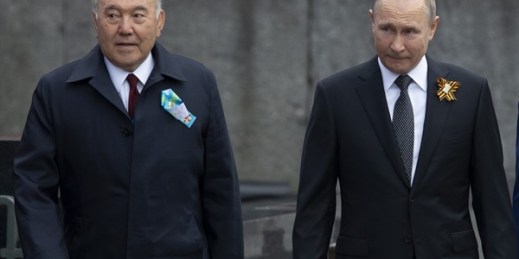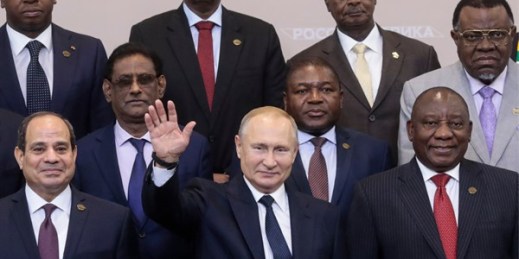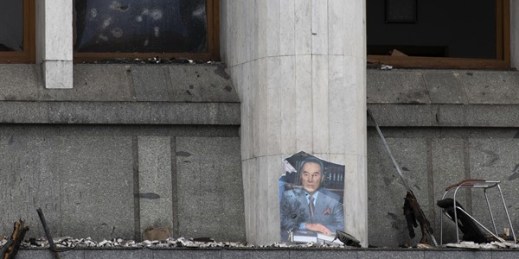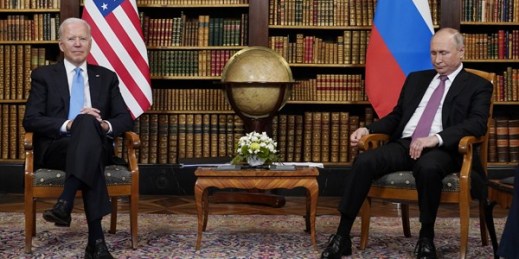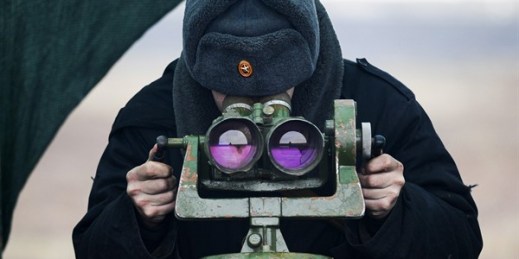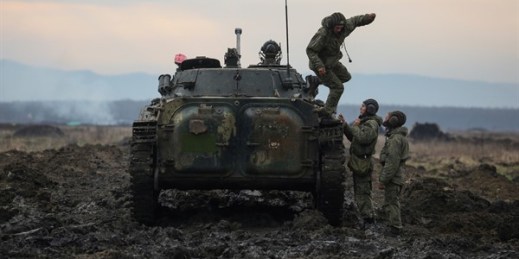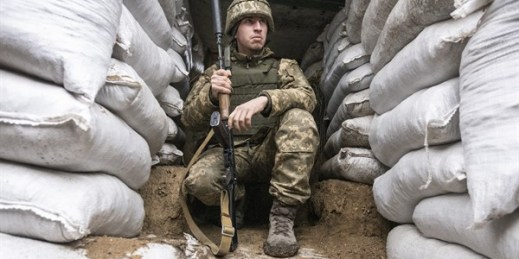
Beyond its immediate implications for European security, the current crisis at the Ukraine-Russia border highlights the enduring importance of state sovereignty as an ordering principle in world politics, notwithstanding frequent claims that globalization has rendered it obsolete. It also exposes the tendency of governments to invoke, dismiss or reinterpret this bedrock principle to suit their situational needs. In fact, global stability now depends on whether the United States and European Union are able to reaffirm and defend the centrality of state sovereignty against a Russian attempt to dismiss it. On one level, the Ukraine situation would seem to have turned […]

